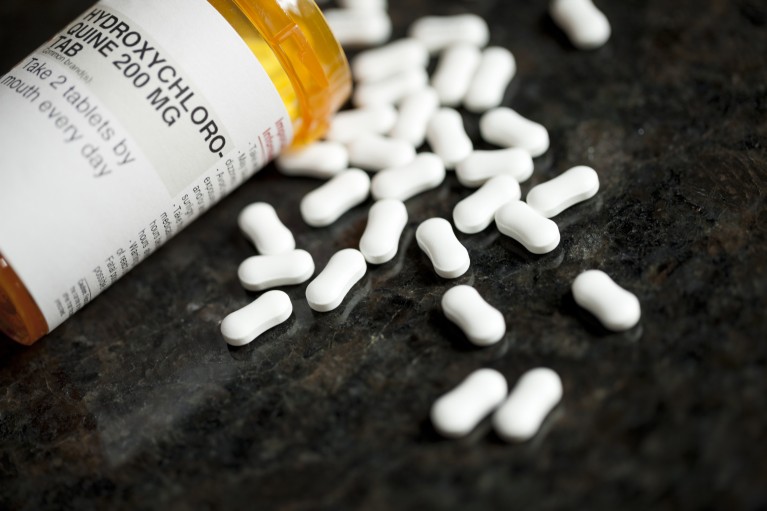
The study1 focused on data collected by the Italian pharmacovigilance network from March to May 2020, and found 306 reports featuring at least one adverse drug reaction associated with hydroxychloroquine (including those of 11 non-COVID patients), compared with 38 reactions reported throughout 2019. The most common reactions in 2020 were diarrhea, a heartbeat anomaly called QTc prolongation and increased levels of transaminase enzymes in blood. These reactions were not mentioned in the previous year’s reports.
While the proportion of cases that required hospitalization wasn’t significantly different in the two periods, deaths among the patients reporting side effects were registered only in 2020: two from unknown cause, five not due to hydroxychloroquine and 2 possibly related to it. The authors, led by Simona Saponara from Università di Siena, add that serious adverse events were more likely when hydroxychloroquine was used at a higher dose, or in combination with other drugs (in particular with AZT).
“These data are probably underestimated because they are based on spontaneous reporting,” says Luca Pasina, head of the Clinical Pharmacology Laboratory at the Mario Negri Institute of Pharmacological Research in Milan, who was not involved in the study. “And though the events observed are known also for the approved use, the exceeding quota seems unjustified with respect to the efficacy data available at that time,” he says.
Hydroxychloroquine is usually prescribed for malaria and autoimmune diseases, and gained popularity in 2020 as a potential therapy for severe COVID-19, when the WHO included it in the Solidarity clinical trials, aimed at repurposing existing drugs. In the spring of 2020, drug agencies around the world authorized an emergency off-label use of hydroxychloroquine, allowing doctors to prescribe it for COVID-19 even though it had not been approved for that disease. But those drugs had little or no effect on hospitalized patients. Due to safety concerns for heart arrhythmias, WHO first suspended the trial for hydroxychloroquine in May, then reinstated it, and finally discontinued it in June 2020.
The situation in Italy followed the same path. The Italian drug agency Agenzia Italiana del Farmaco (Aifa) authorized hydroxychloroquine for off-label use in April 2020 and reversed course in May. Things then got messy, when more than 40 doctors sued the agency and asked for a cancellation of this ban for early-stage patients. In December 2020 these doctors won an appeal to Consiglio di Stato, Italy’s highest administrative court, and the ban was lifted. At the moment, in Italy, this drug can only be prescribed off-label for patients treated at home and with mild COVID-19 symptoms, even if Aifa advises against it. “In this setting and for these patients, there is less robust evidence for a complete lack of efficacy”, confirms Luca Pasina.
